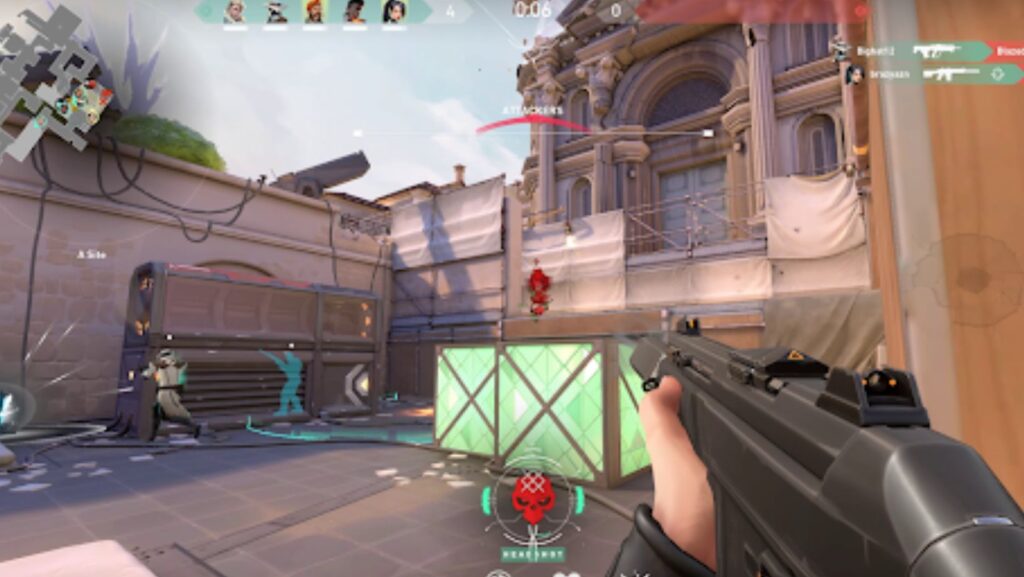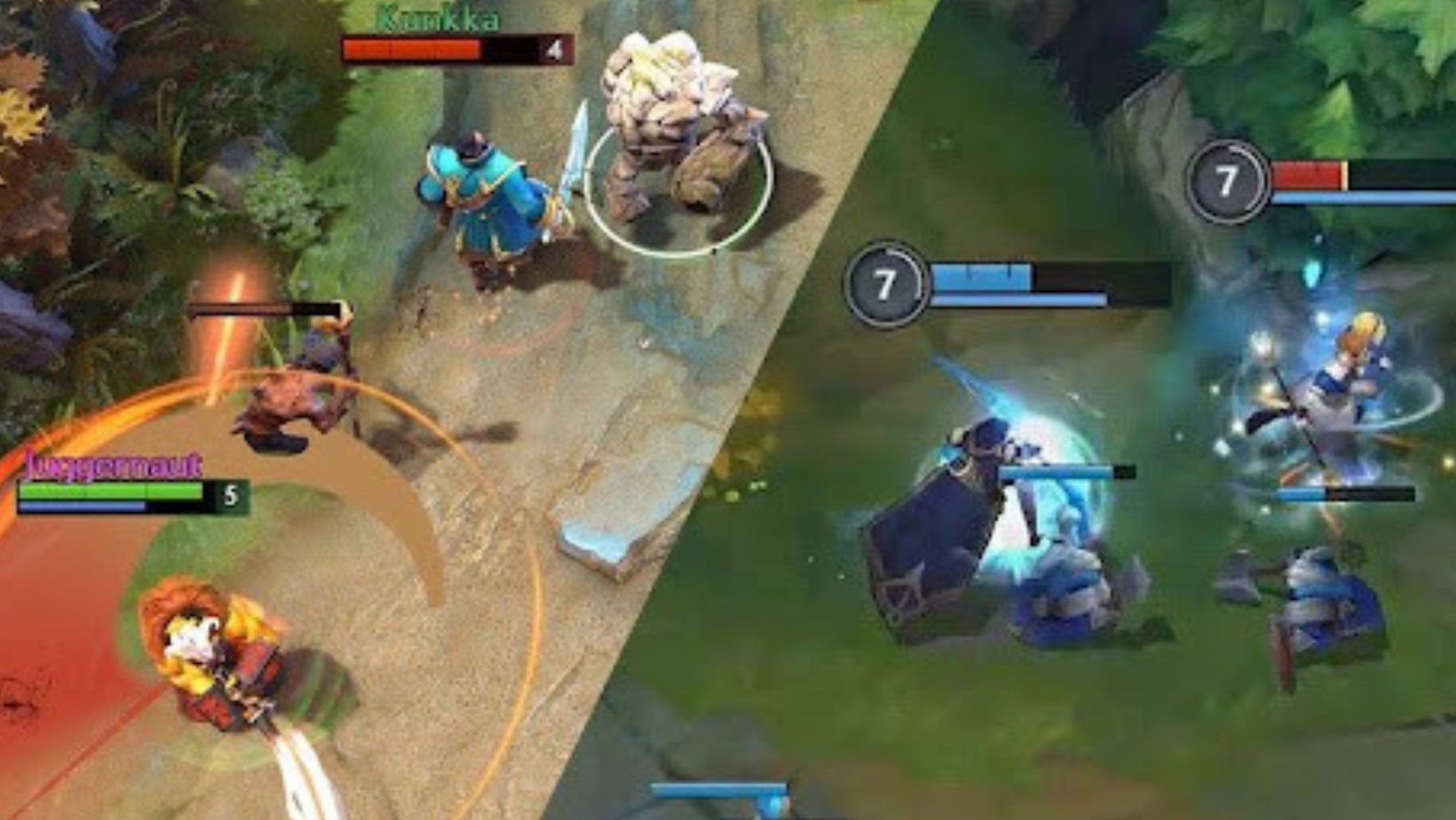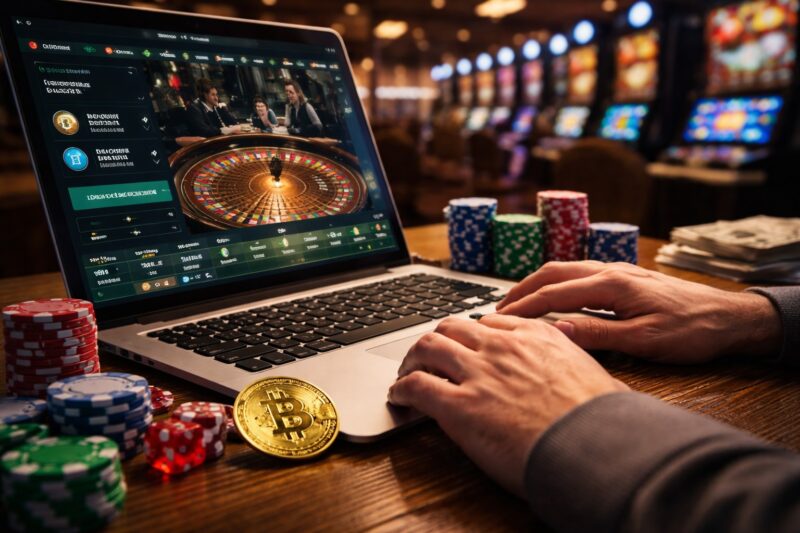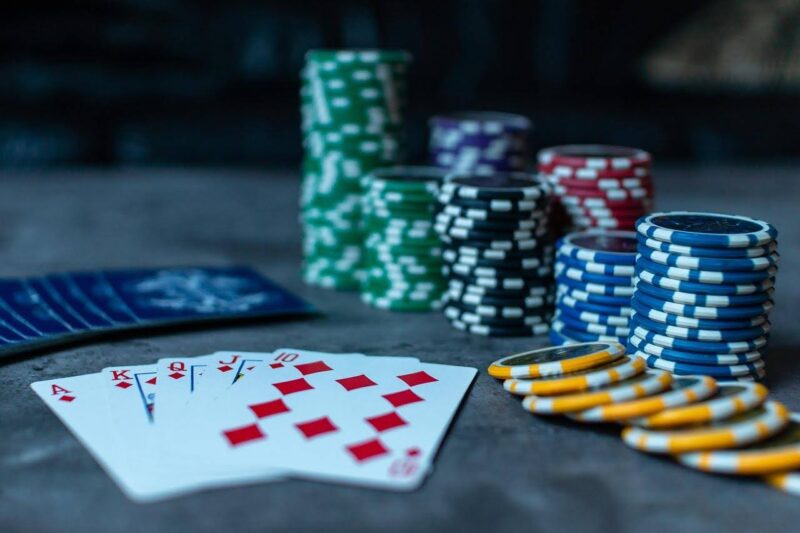
Video games are far more than mere entertainment; they offer highly intricate virtual ecosystems that replicate the complexities and uncertainties of the real world. In these digital landscapes, players confront dynamically shifting scenarios, sudden environmental changes, and unexpected adversarial challenges that demand constant vigilance and rapid adaptation. Unlike traditional games or classroom exercises, video games compel participants to analyze evolving situations, manage limited resources, and make critical decisions under intense pressure.
Adaptive Decision-Making In Unpredictable Environments
One of the most significant skills cultivated through gaming is adaptive decision-making in rapidly changing circumstances. Games such as Dota 2, StarCraft II, and Valorant place players in high-pressure situations where strategic choices can have immediate and far-reaching consequences. In competitive shooters, players must evaluate tactical options, predict opponents’ movements, and choose the optimal course of action within seconds. For example, monitoring a valorant live score during a tense match highlights how minor choices—such as positioning, timing, or resource allocation—can determine the outcome of a game.
This repeated engagement with uncertainty teaches players to analyze incomplete information, anticipate multiple potential scenarios, and implement flexible strategies. Beyond gaming, these skills are transferable to professional environments where strategic decisions must be made quickly, such as crisis management, project planning, or leadership roles in volatile industries. Players effectively train their brains to process complex information streams and execute decisions with precision under pressure, fostering a unique form of cognitive agility rarely achieved through traditional learning methods.
Stress Management And Resilience Through Gameplay
Gaming environments also provide a unique platform for cultivating stress management and resilience. Players encounter high-stakes situations, such as sudden ambushes in battle royales, final rounds in esports tournaments, or challenging time-sensitive missions, which test their composure and capacity to perform under pressure. These experiences teach individuals to control emotional responses, manage adrenaline, and maintain focus despite high-stress stimuli. Through repeated exposure to such scenarios, players develop robust coping mechanisms that can be applied in real-life contexts, including academic exams, professional deadlines, public speaking, and emergency response.
Unlike controlled simulations, games deliver immediate and tangible feedback on performance, creating opportunities for experiential learning where mistakes provide valuable lessons without real-world consequences. Over time, players internalize strategies for maintaining composure, analyzing problems under duress, and recovering quickly from setbacks, resulting in heightened resilience and the ability to thrive under unpredictable and high-pressure circumstances.
Learning Teamwork And Communication Under Uncertainty

Team-based games such as Dota 2, League of Legends, Overwatch, and CS2 immerse players in scenarios that require precise coordination, strategic communication, and adaptive collaboration. In these environments, success is rarely achievable through individual effort alone; players must synchronize actions, delegate responsibilities, and respond dynamically to evolving conditions. Miscommunication or delayed responses can lead to immediate failure, reinforcing the importance of active listening, trust, and clear dialogue. Gaming fosters leadership skills and social intelligence, as players learn to anticipate teammates’ actions, adjust strategies collectively, and motivate others under pressure.
These lessons translate directly to real-world applications, including corporate team management, crisis response, and cooperative problem-solving. The iterative nature of collaborative gameplay provides continuous practice in negotiation, conflict resolution, and coordinated strategy, cultivating a deep understanding of effective teamwork in volatile environments where stakes and uncertainty are high.
Cognitive Flexibility And Strategic Experimentation
Cognitive flexibility—the capacity to adjust thinking and strategies in response to new information—is a skill consistently exercised through complex gaming experiences. In MOBAs, tactical shooters, sandbox simulations, and role-playing games, players are encouraged to experiment with diverse strategies, adapt tactics to opponents’ behaviors, and learn from repeated failures. Every setback serves as an instructive opportunity, promoting innovative thinking, problem-solving, and creativity.
Unlike static educational exercises, video games provide real-time feedback and evolving challenges that compel players to iterate and refine their approaches continuously. This process builds a mindset of adaptability, resilience, and strategic innovation that is highly relevant in professional and personal contexts, from entrepreneurial ventures to research and development projects. By navigating unpredictable virtual environments, players acquire the mental agility to shift perspectives, consider alternative solutions, and thrive in circumstances where traditional approaches may fail, enhancing both practical and cognitive skills.
Emotional Intelligence And Ethical Decision-Making In Chaotic Scenarios
Beyond cognitive skills, games cultivate emotional intelligence by placing players in morally and ethically ambiguous situations. Story-driven games, role-playing scenarios, and competitive environments often require players to make difficult choices under pressure, balancing immediate rewards with long-term consequences. Navigating these dilemmas develops empathy, ethical reasoning, and awareness of the broader impact of individual actions on team dynamics or narrative outcomes. For instance, decision-making in team-based matches requires understanding teammates’ motivations and predicting opponents’ behavior, enhancing social perception and strategic empathy. Such experiences are invaluable in real-life contexts, including leadership, negotiation, diplomacy, and conflict resolution, where understanding human behavior under uncertainty is critical for effective outcomes.
Conclusion
Game worlds are far more than sources of entertainment; they are sophisticated laboratories for developing skills essential for thriving amid chaos and uncertainty. Through repeated exposure to unpredictable scenarios, players cultivate adaptive decision-making, stress resilience, teamwork, cognitive flexibility, and emotional intelligence. These abilities have direct applications in real-world contexts, ranging from professional leadership and crisis management to collaborative problem-solving and strategic innovation. By navigating high-stakes, dynamic, and complex virtual environments, players acquire the tools to respond effectively to unforeseen challenges, analyze risks, and implement strategic solutions. As society continues to evolve in complexity and unpredictability, the skills nurtured through gaming offer a unique advantage, demonstrating that interactive digital experiences are not merely pastimes but critical training grounds for mastering the challenges of modern life.


